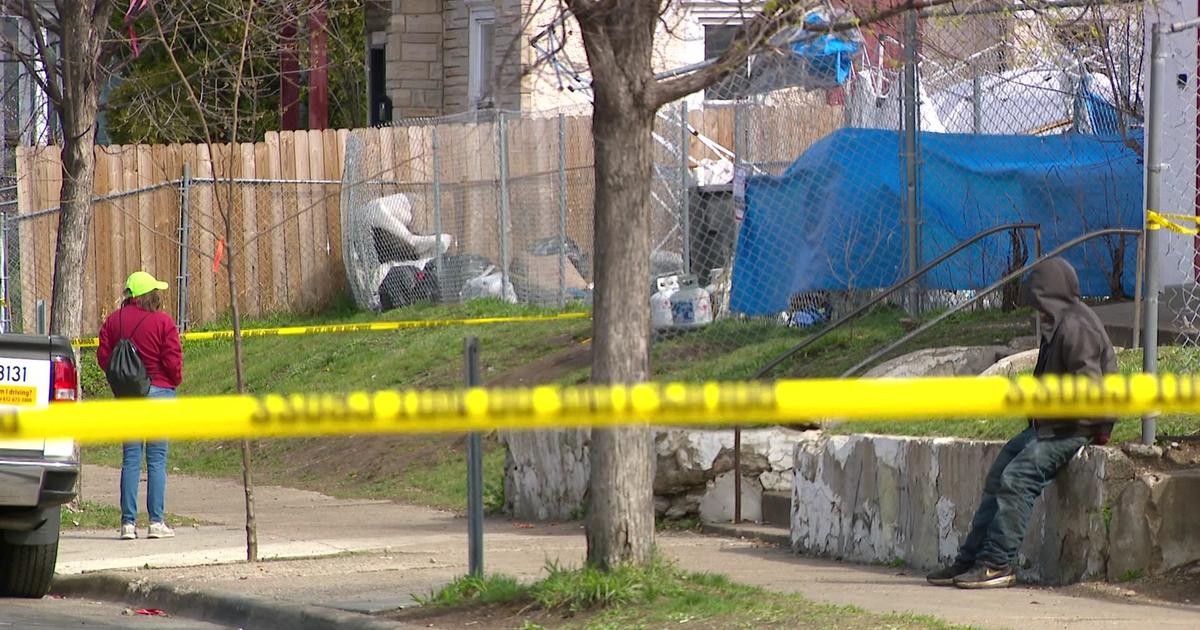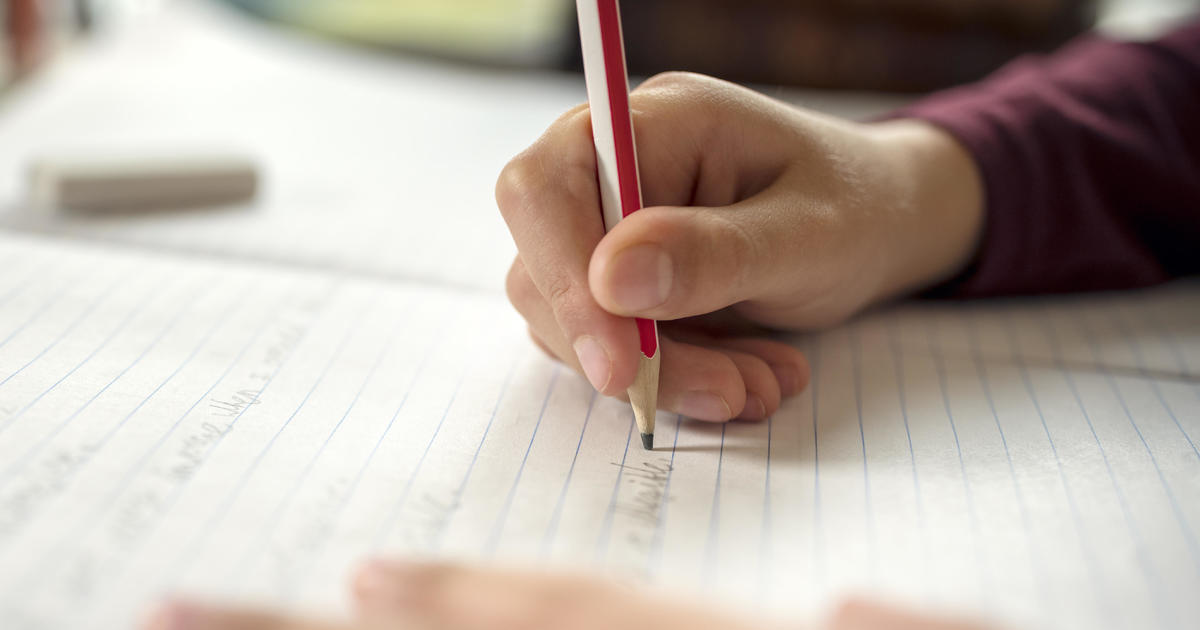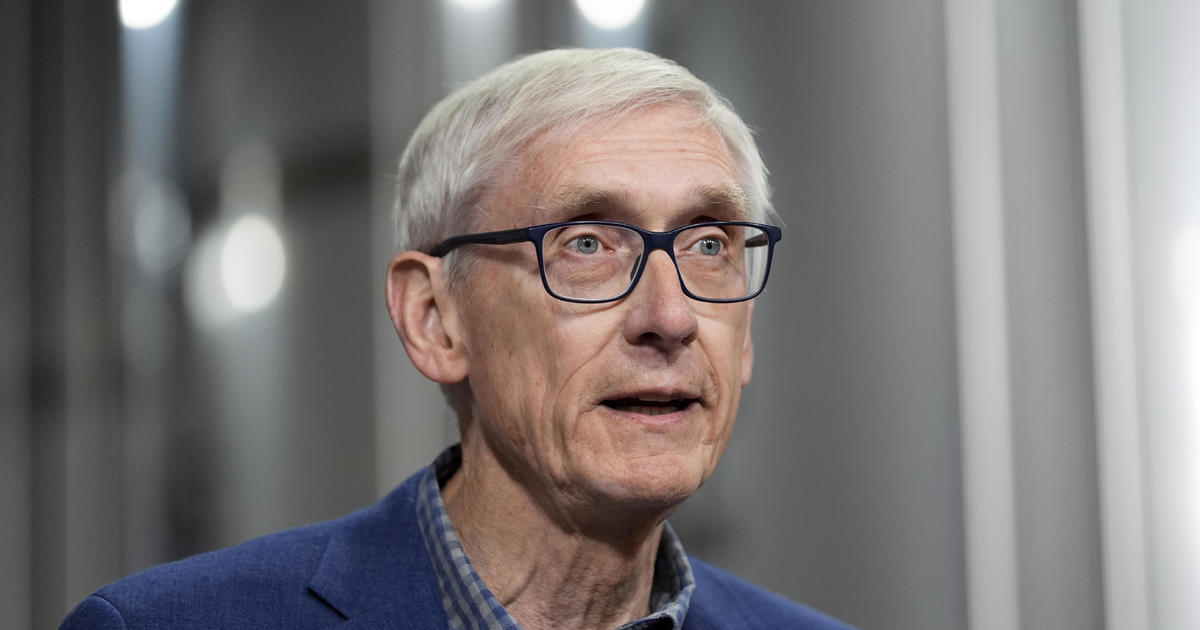Good Question: Who Are The Delegates?
MINNEAPOLIS (WCCO) -- During an election year you hear the word "delegates" used a lot. They play a major role in deciding who America's next president will be. Each state gets a certain number of delegates.
But who exactly are they? Good Question.
To even think about a future as a delegate, you must first understand what they do.
When voters turn out for Republican and Democratic caucuses and primaries, the results decide how many delegates each candidate gets to represent them at the National Convention, where the Presidential nominee is decided.
"Sanders won overwhelmingly in New Hampshire, so he's going to get the lion share of those delegates," said Larry Jacobs, political professor at the University of Minnesota.
In the New Hampshire primary, Bernie Sanders' victory means he gets to send 15 of his hand-picked delegates to the Democratic Convention to vote for him.
Hillary Clinton gets 9 delegates from that state.
Jacobs said a delegate is someone who is a true believer of a certain candidate. Those 15 delegates Sanders got in New Hampshire are selected people who've campaigned hard for the candidate.
There's also a second kind of delegate that can vote at the National Convention.
Democrats call them superdelegates, Republicans call them unpledged delegates.
Either way, they are often former or current elected officials.
"They make up almost 20 percent of the delegates that will be gathering at the national convention and making the decision on who the nominee will be," Jacobs said.
Superdelegates or unpledged delegates are basically free to vote for whoever they want. The bigger the state, the more delegates you get.
So while Iowa, New Hampshire and South Carolina are important, states like California, Texas and New York hold more weight for candidates of both parties.



